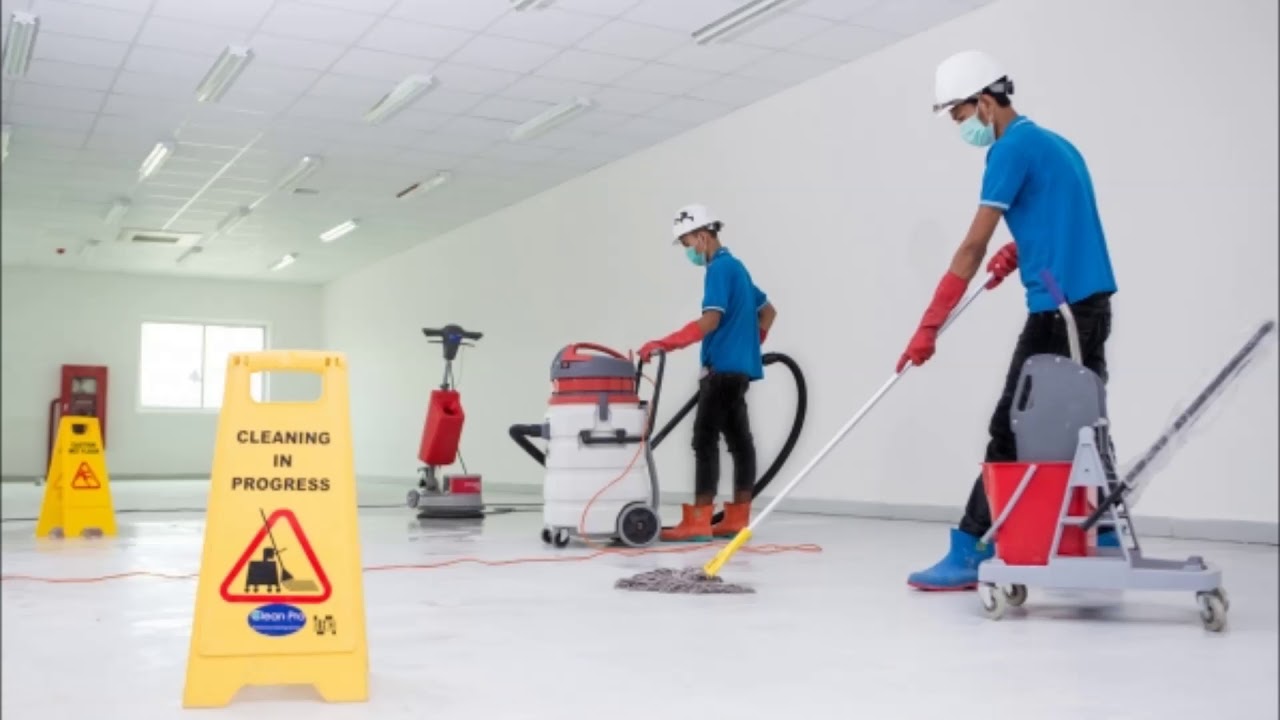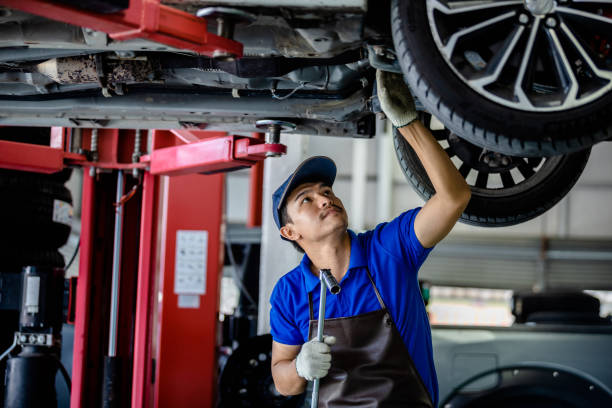Cars work hard to get us where we need to go. Yet, they sometimes send warning signs we ignore. When tech issues pop up, try fixing them yourself. However, without the right tools or training, minor problems can grow fast. That’s why knowing when to call an auto repair expert in Celina TX. In this post, we’ll chat about the most common tech warnings. You’ll learn what each sign means and why you should seek expert help. Along the way, you’ll see the WIIFM (What’s In It For Me?) benefit of acting fast. By the end, you’ll feel confident spotting real issues and deciding when to bring in a pro. Let’s dive in and help your car stay safe, reliable, and stress-free on every drive.
Auto Repair Expert in Celina TX: Signs Your Car Is Out for Help
Your dashboard might blink with alerts you don’t understand. Yet, each light carries an urgent message. Ignoring these signs can cost you more in repairs later. First, note any warning light that stays on after you start the engine. Second, pay attention to lights that flash or change color. Third, record exactly when and how the light shows up—during idle or while you drive at speed. Finally, check your owner’s manual to decode the icon. If you still feel unsure, reach out quickly. A certified auto repair expert can read fault codes and guide you. Acting now helps you avoid breakdowns, unsafe driving, and inflated repair bills.
Engine Warning Lights
When the check-engine light glows, the car’s brain has detected a fault. You might feel no change in power or hear no strange noise. Therefore, don’t assume “no noise” means “no problem.” Tiny sensor issues can harm fuel economy and emissions. Moreover, pinpointing the cause early saves you a tow and a bigger bill later. Next, use an OBD-II scanner or call an expert with one. They’ll pull codes and tell you exactly what part needs attention. That way, you only fix what truly breaks, and your wallet thanks you.
Strange Noises
Squeaks, clanks, or hisses could mean loose belts, worn bearings, or leaks. Even if the noise stops, the damage often continues. For example, a frayed belt can snap at highway speed, stranding you. Therefore, record when noises start—during acceleration, braking, or idling. Also, note if the sound fades when you slow down. Then share these details with your technician. Clear info helps them fix the root cause quickly, so you avoid repeat visits.
Fluid Leaks
Puddles under your parked car don’t just stain the driveway. They hint at leaks from your engine, transmission, or cooling system. First, identify the fluid color: green or pink for coolant, red for transmission, amber for oil. Next, feel the fluid (carefully) to spot slippery or sticky textures. Then, note how big the puddle grows after each drive. Even small drips can lead to overheating or gear damage. Therefore, call an expert promptly. They’ll seal hoses or replace gaskets before the leak worsens.
Dashboard Alerts You Shouldn’t Ignore
Your car’s computer spots trouble before you do. Therefore, heed these common alerts right away to save time and money:
- Oil Pressure Light: Low oil can destroy your engine in minutes.
- Battery Warning: Failing alternator or dead battery risks a stall on the road.
- Brake System Alert: Worn pads or fluid leaks hurt your stopping power.
Next, reset no lights until a pro scans for hidden codes. Moreover, simple resets can mask faults that grow worse. Finally, a quick check by an auto repair expert in Celina TX, ensures long-term safety on every drive.
Odd Smells? Time to Act
“Your nose knows when your car is sick,” says veteran mechanic Lisa Monroe. A sharp odor can signal multiple hidden issues:
- Burnt rubber hints at slipping belts or overheated hoses.
- Sweet, syrupy smells point to coolant leaks that threaten engine health.
- Acrid, chemical scents warn of brake fluid leaks—dangerous to stop fast.
Therefore, don’t just roll down the windows. Pull over safely, turn off the engine, and peek under the hood if you know how. Otherwise, call an auto repair expert immediately. That small step keeps tiny leaks from turning into significant breakdowns.
Performance Drops and Lags
When your car hesitates or loses power, your commute becomes a chore. Moreover, weak acceleration drains your confidence merging on highways. Look out for:
- Sudden lags when you press the gas pedal.
- Jerking during gear shifts in automatics.
- Stalling at stops or slow speeds.
These signs often stem from clogged fuel filters, spark plug issues, or failing sensors. Therefore, schedule a tune-up with a qualified technician. Fresh filters and new plugs restore pep, improve mileage, and prevent stalling at critical moments.
Overheating: More Than a Hot Topic
When your temperature gauge climbs past halfway, stop immediately. Overheating can warp engine parts, leading to costly rebuilds later.
“A degree can mean disaster,” warns auto engineer Mark Chen.
First, turn off the A/C and avoid blasting the heater too high—both can draw heat away from the engine when it’s already under stress. Next, pull over to a safe spot and allow the engine to cool for at least 30 minutes. If you’re confident, check the coolant level carefully once it’s safe. Finally, contact an auto repair expert in Celina TX, to perform a pressure test and inspect the system. Acting quickly can help you avoid severe damage like warped cylinder heads or blown gaskets.
Electrical Gremlins and Tech Glitches
Modern cars rely on computers more than ever. Therefore, electrical faults can immobilize your ride or shut down safety systems:
- Flickering dash lights hint at failing alternator or battery.
- Inconsistent power windows or door locks point to wiring issues.
- Random resets of infotainment or navigation systems can mean faulty modules.
Moreover, complex wiring requires specialized tools and training. Thus, avoid DIY guesses and let a pro trace the fault. Then, you enjoy reliable electronics and stress-free drives again.
Quick Fixes vs. Expert Repairs
Not every issue needs a shop visit. Yet, knowing when to DIY saves time and cash.
DIY Fixes vs. Expert Care
- Tire Pressure: You can top up air with a gauge and pump.
- Windshield Wipers: Swap blades in minutes using online guides.
- Fuses: Replace simple fuses in your fuse box if you know the diagram.
However, complex systems like engine internals, transmission, or ABS require expert tools. When in doubt, call Mobile Mechanic or a certified shop. That way, you keep your warranty intact and avoid trial-and-error damage.
Maintenance Records Make a Difference
Track of all services helps your technician spot patterns in your car’s health. Below is a sample of how to log key tasks:
| Service Type | Recommended Interval | Notes |
|---|---|---|
| Oil Change | Every 5,000 miles | Use grade in owner’s manual |
| Coolant Flush | Every 30,000 miles | Inspect hoses for cracks |
| Brake Inspection | Every 10,000 miles | Check pads and fluid level |
| Transmission Fluid | Every 60,000 miles | Watch for color and smell changes |
Moreover, clear records boost resale value and help experts diagnose faster. Finally, storing receipts and mileage logs in one folder simplifies finding past work.
Finding the Right Auto Repair Expert
Choosing a trusted shop or mobile tech saves you headaches later. First, ask friends for personal referrals. Second, check online reviews for patterns—watch for repeated praise or complaints. Third, certifications like ASE or manufacturer training must be verified. Fourth, get a precise, written estimate before any work begins. Finally, make sure the shop honors warranties on both parts and labor. By following these steps, you protect your budget and gain lasting peace of mind. An auto repair expert in Celina TX, will often provide same-day service and clear, honest communication—so you’ll always know which parts are being installed and why. Ultimately, you’ll drive away confidently, knowing your vehicle is in skilled, trustworthy hands.
Frequently Asked Questions
Q: Can I ignore a dashboard light if my car seems fine?
A: No. Lights warn about hidden faults that can worsen quickly, costing more to repair later.
Q: How soon should I fix a minor fluid leak?
A: Even small drips can hint at major failures. To avoid breakdowns, call an expert within 24 hours.
Q: Is it safe to drive if my car overheats?
A: No. Continuing to drive risks engine damage. Stop, cool down, and call for help.
In many cases, a quick scan by Mobile Mechanic can save you from larger headaches. By watching for these tech warnings and acting fast, you keep your vehicle safe, reliable, and ready for every road trip.





